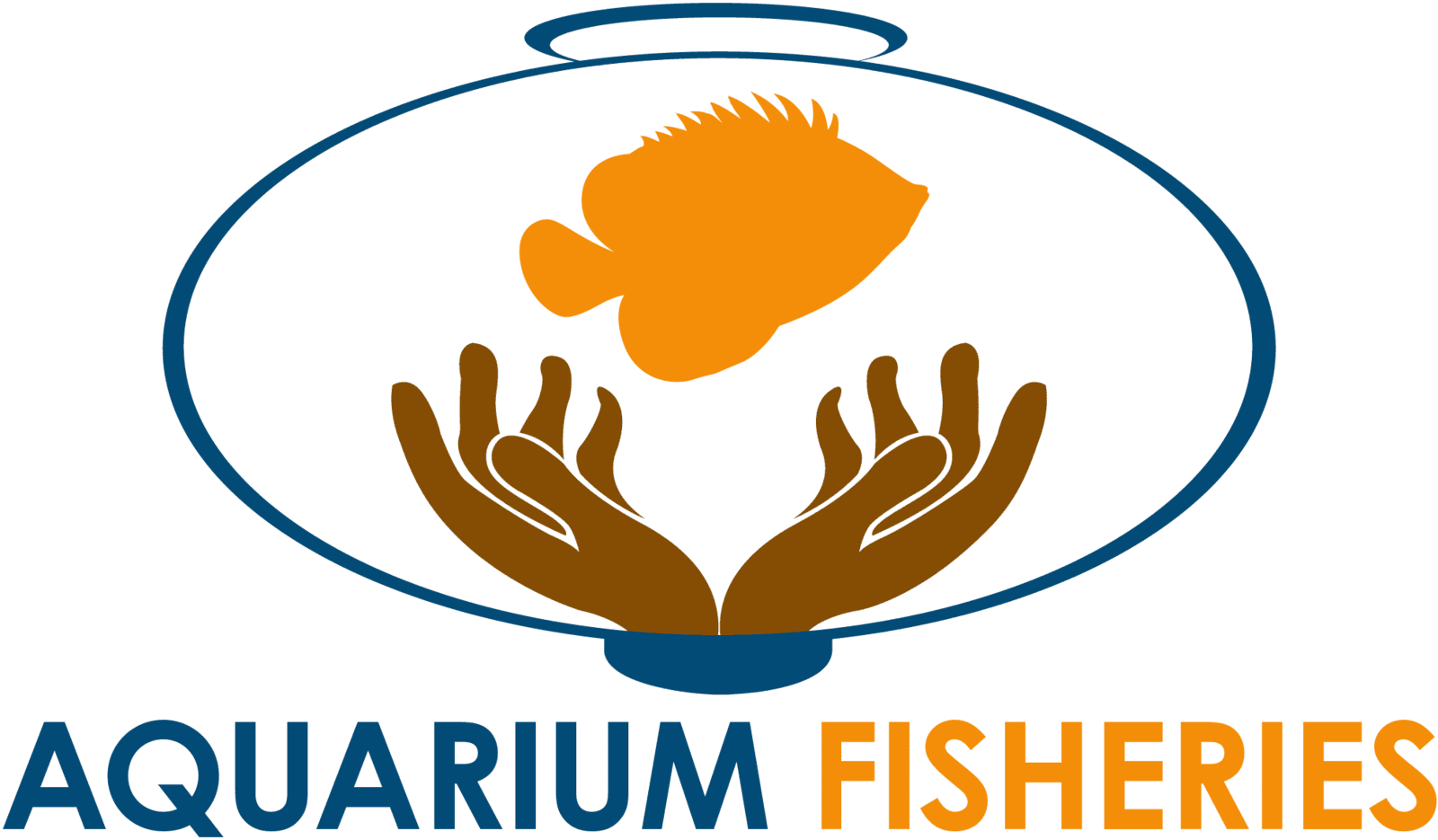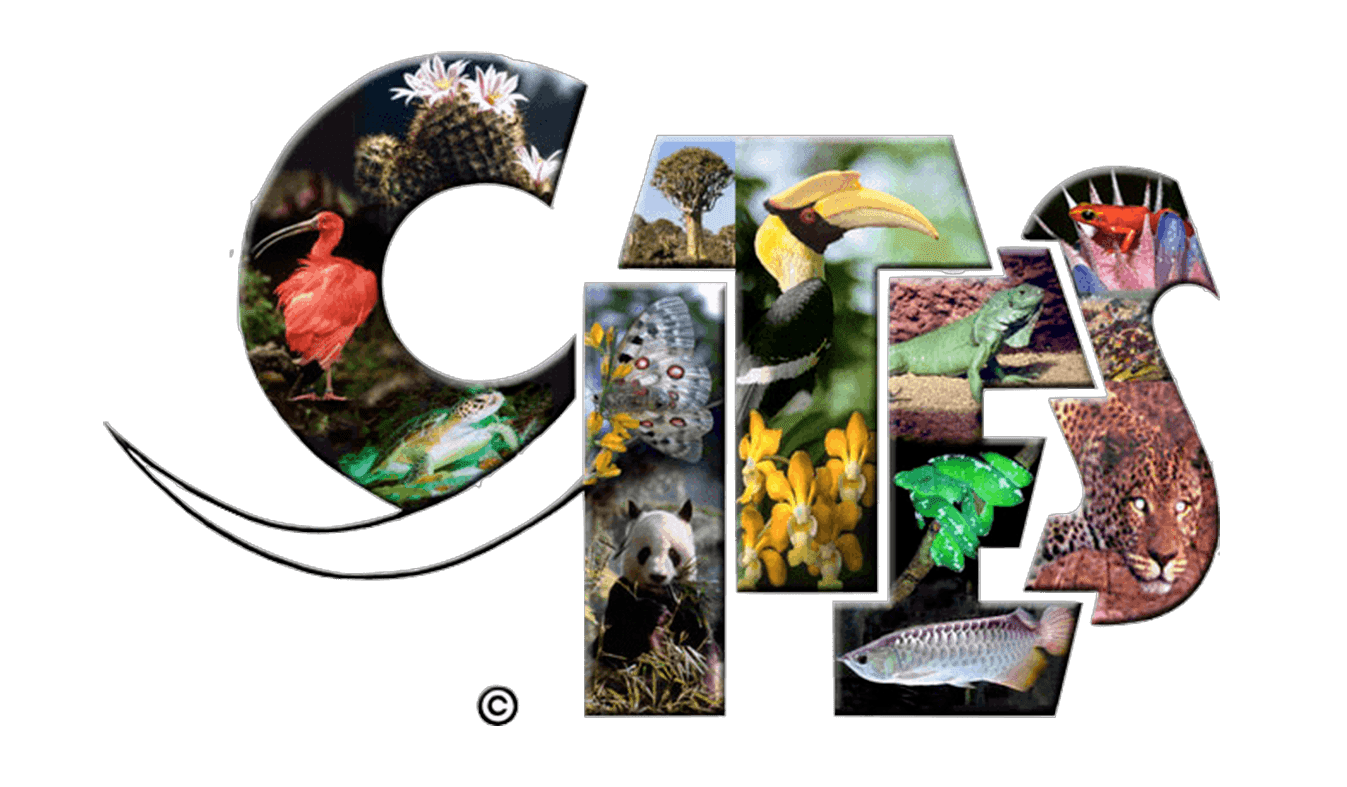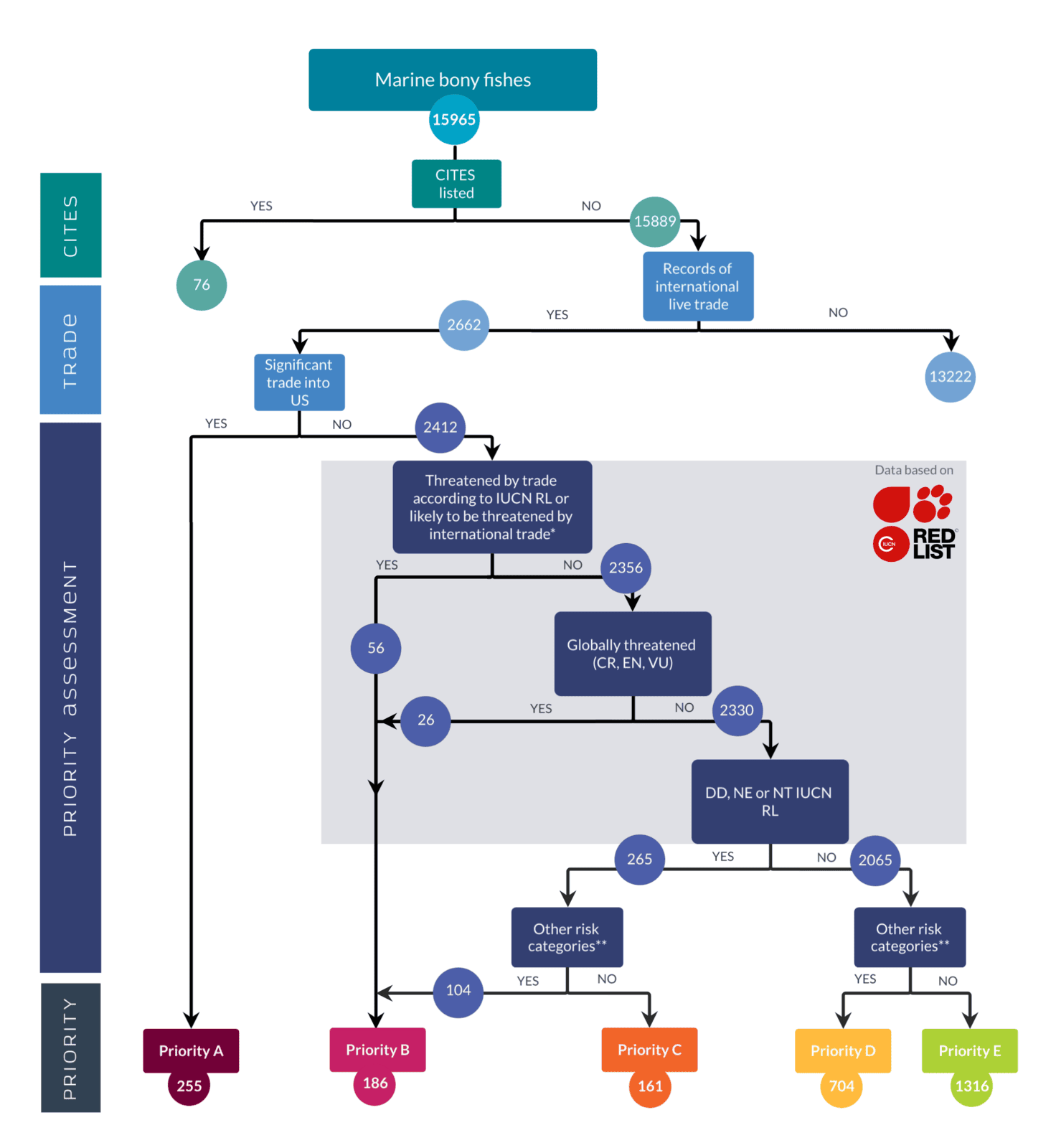The vessels of Dynasty Marine Associates head out for a day of
collection in the Florida Keys. Photo by Dynasty Marine Associates, LLC
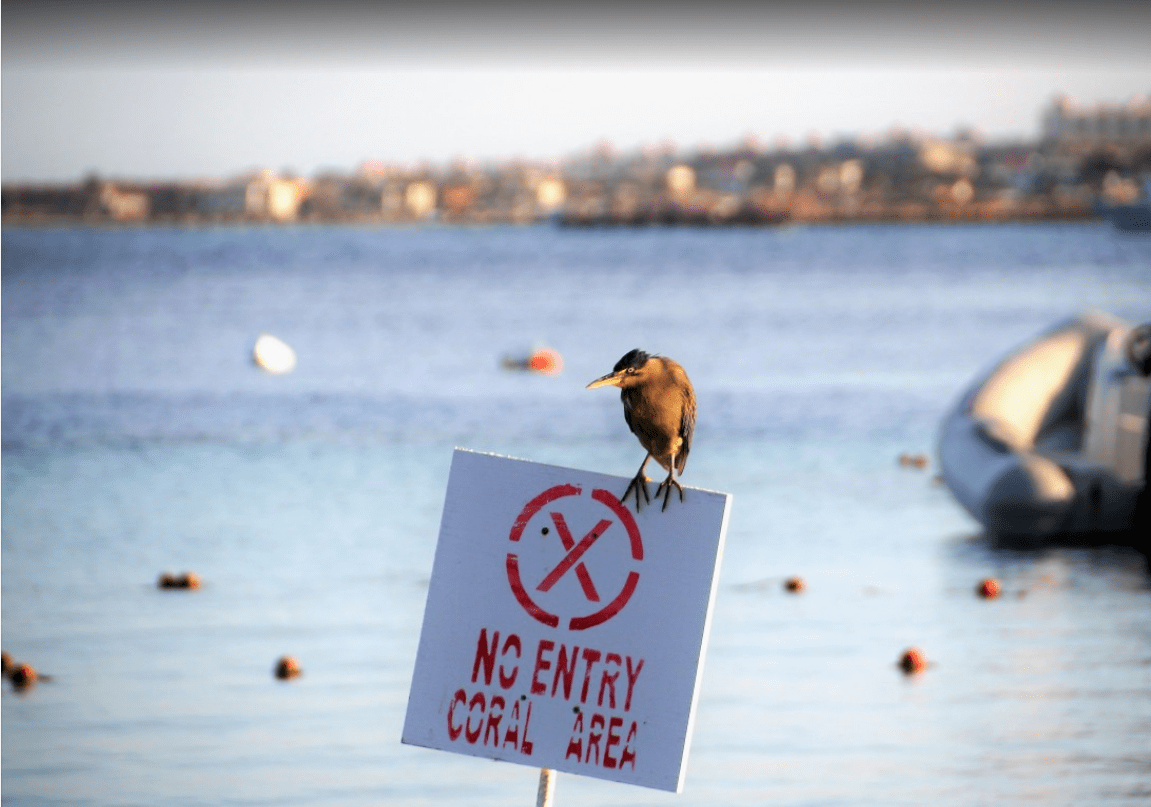
Aquarium Fisheries assesses legal, policy and regulatory frameworks of aquarium fish fisheries in source locales. We describe and assess:
· A survey of the current policy framework, based on literature review and interviews
· A survey of fishery agency resources available and needed to manage and enforce the fishery and its policy framework
· The effects of current policy on the population sustainability of select indigenous aquarium fish species, based on population monitoring data
· The perceived effects, both positive and negative, of current policy on the livelihoods of value chain actors (fishers and traders) and their businesses, and expressed desired changes to current policy, based on surveys and interviews of coral reef aquarium actors
· A critical comparative analysis of the policy against policy models in other source locales, with recommendations for national and local sustainable management
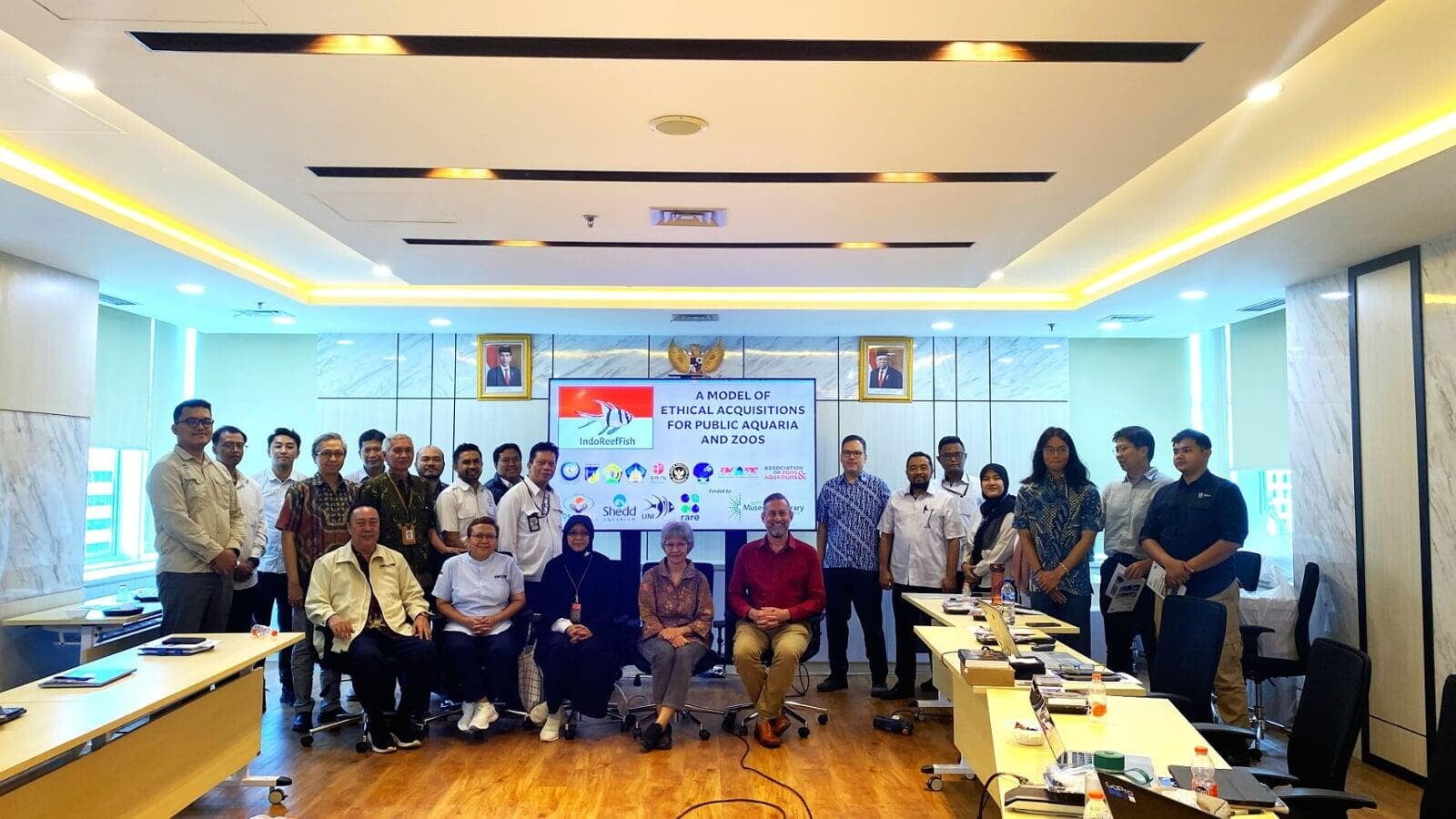
IndoReefFish
Aquarium Fisheries is proud to partner with the John G. Shedd Aquarium in Chicago (IL) and consequential partners in Indonesia - fishers, traders, NGOs, and fisheries agencies - to investigate more transparent means of supporting fishing communities who sustainably supply public aquaria and zoos with fishes from abundant sources in Indonesia for lifelong care in these institutions. With support from the Institute of Museum and Library Services, the Indonesian fisheries NGOs LINI and Rare have introduced Aquarium Fisheries to Indonesia's national fisheries agency--the Ministry of Marine Affairs and Fisheries--and provincial and district fisheries agencies to elevate awareness of and need for marine aquarium fisheries management in the nation; and to chart a course ahead. You can learn more in our blog, "Word on the Reef." Sign up below to stay updated on this important work!
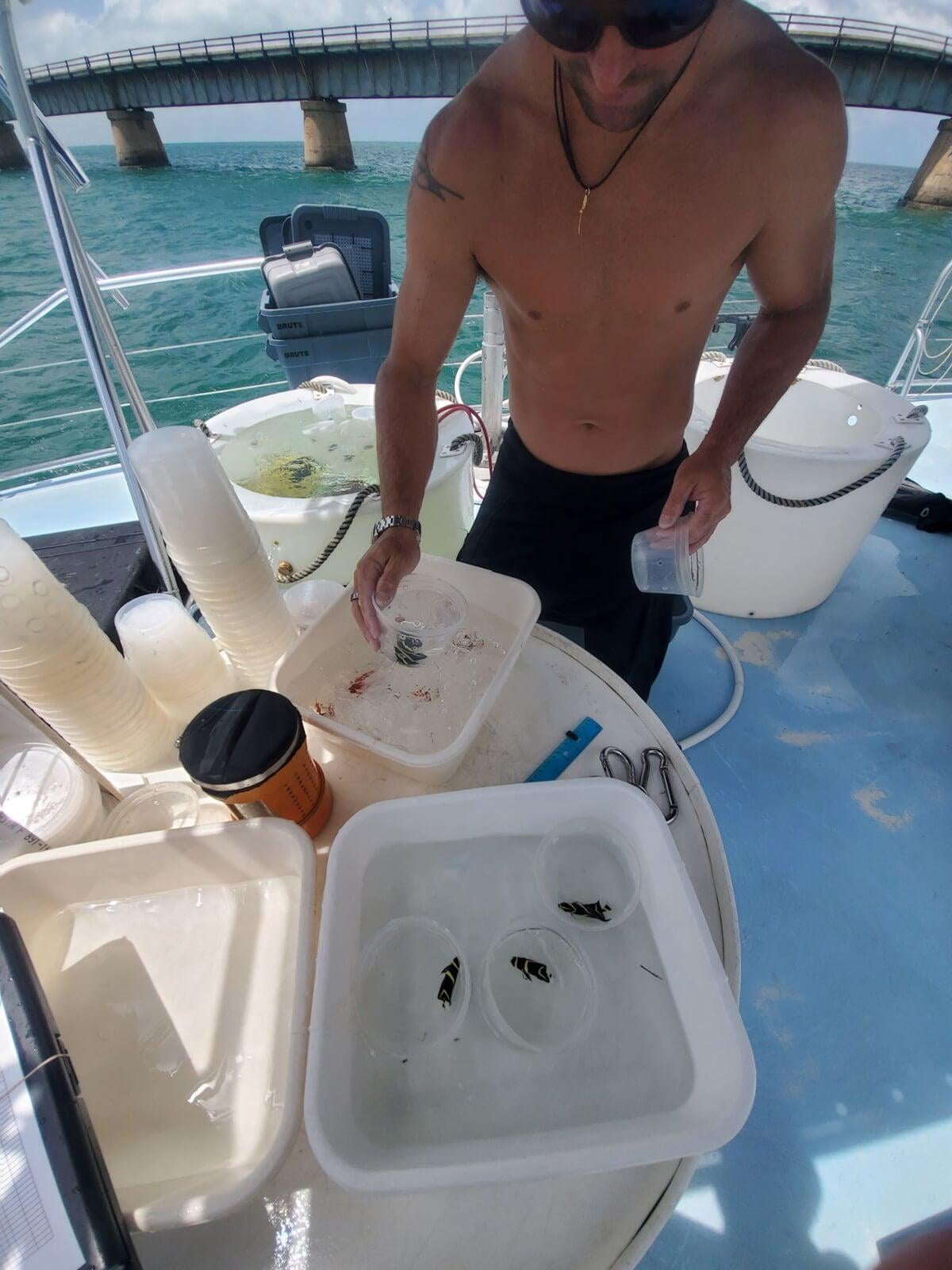
Florida Marine Life Policy Analysis
Aquarium Fisheries performed an assessment of Florida’s marine life policy landscape and the current state of Florida’s commercial marine aquarium fishery to inform and guide stakeholders about 1) management strategies for the fishery moving forward; and 2) to highlight successful policy measures in place in Florida that merit consideration for adoption in other source locales around the world. The study discovered that the State has a strong regulatory structure for the commercial fishery operated by the Florida Fish and Wildlife Conservation Commission; practicing co-management with fishers, and utilizing license and permitting requirements, conventional fisheries management measures and technical actions to regulate fishing mortality, and rights-based management approaches. Additionally, both fisheries-independent and dependent surveys have been conducted in recent years to assess the fishery. Consequently, the vast majority of fish species collected commercially for the trade indicate stable or increasing densities or catch per unit effort in Florida waters over 10+ years. Moving forward, the fishery can benefit from an assessment of the economic impacts of the policy on its fishers, a statewide fisheries management plan specific for the fishery, the further development of a comprehensive program for fisheries data collection and analysis to address data gaps, an assessment of resources at hand and those needed to implement these recommendations, and the elevation of marine aquarium fisheries at the national level to support state-level management. Read our article in the peer-reviewed journal Marine Policy
